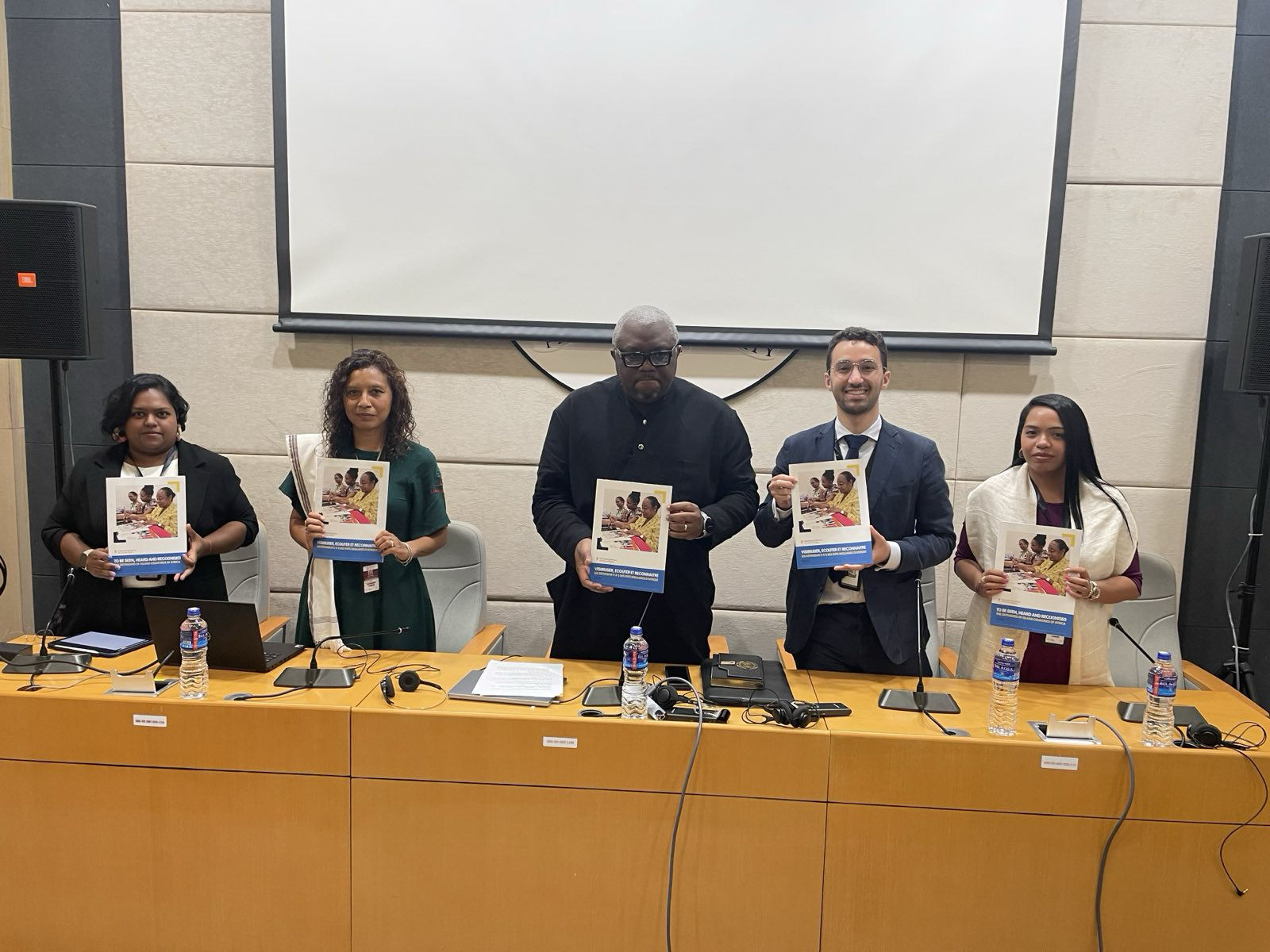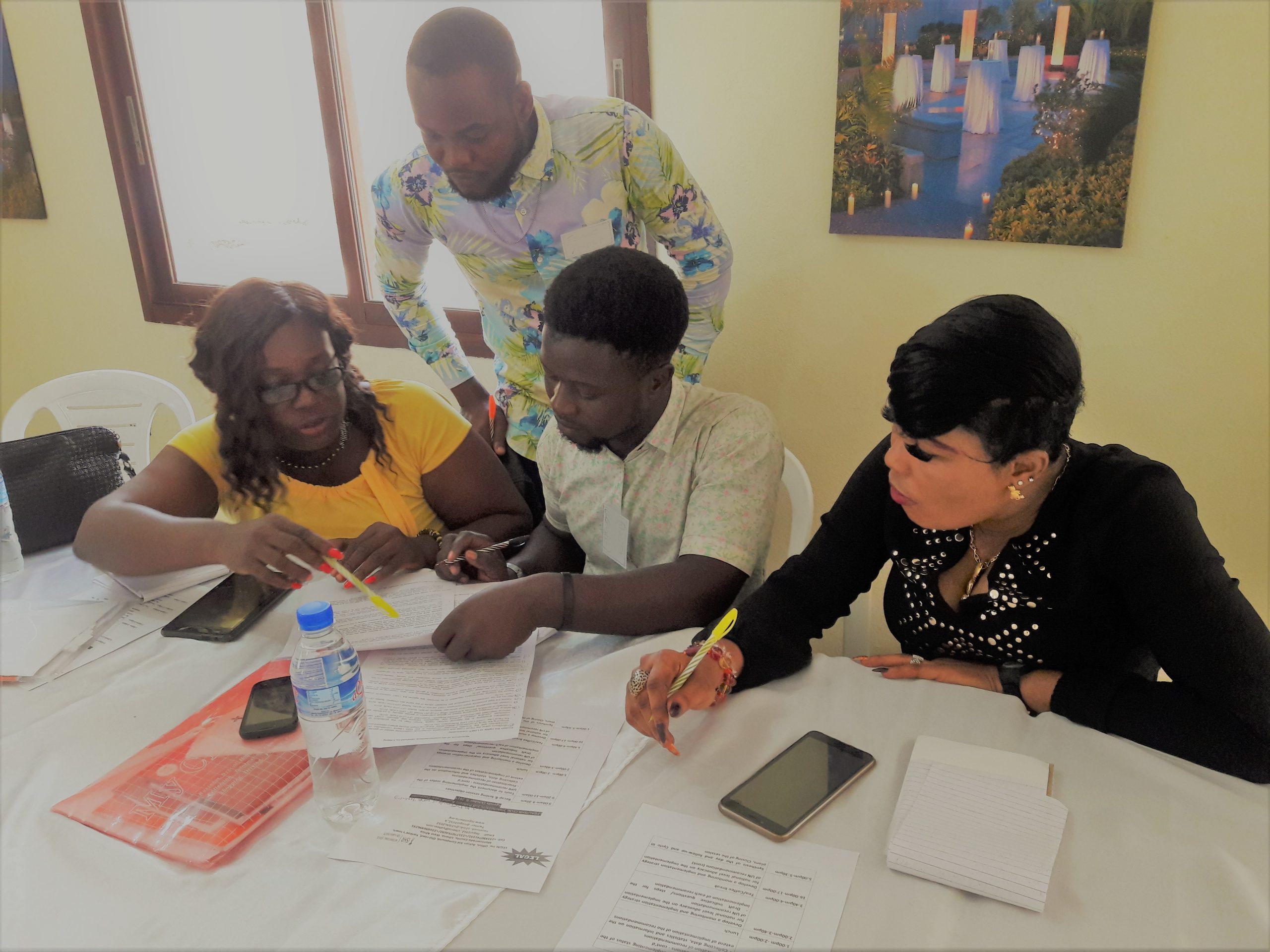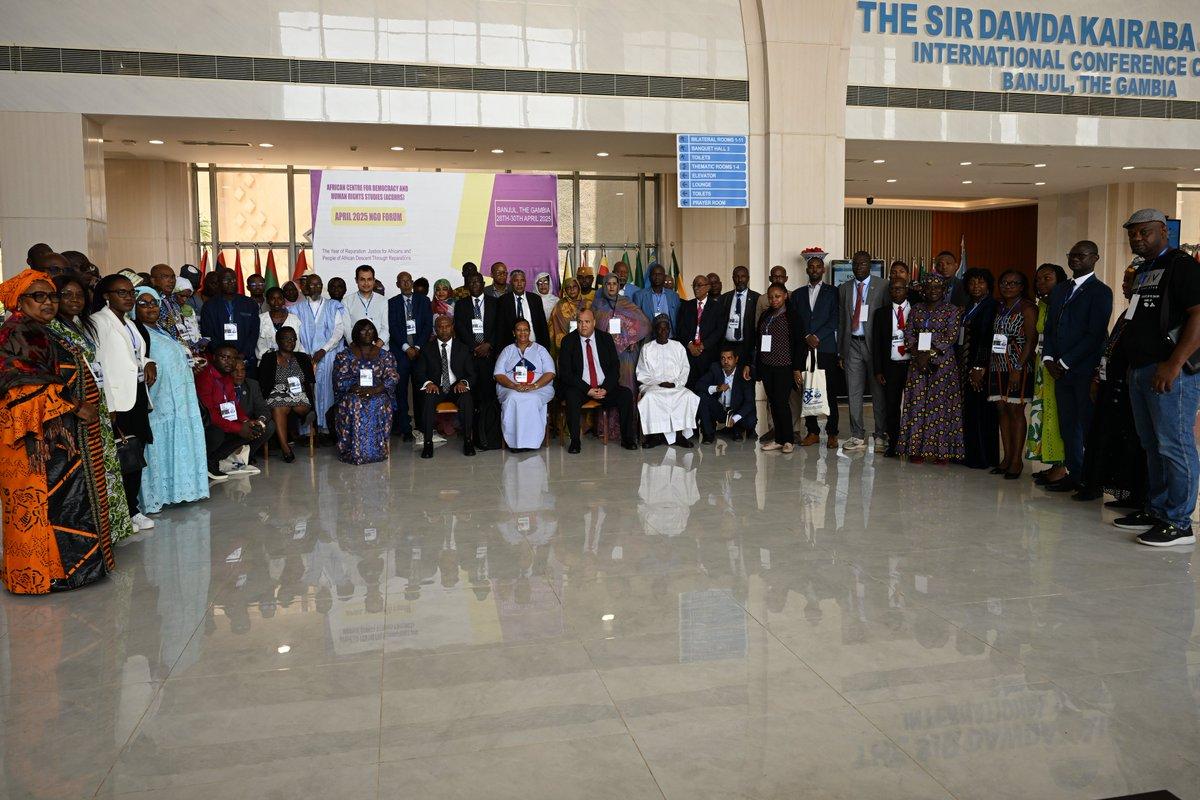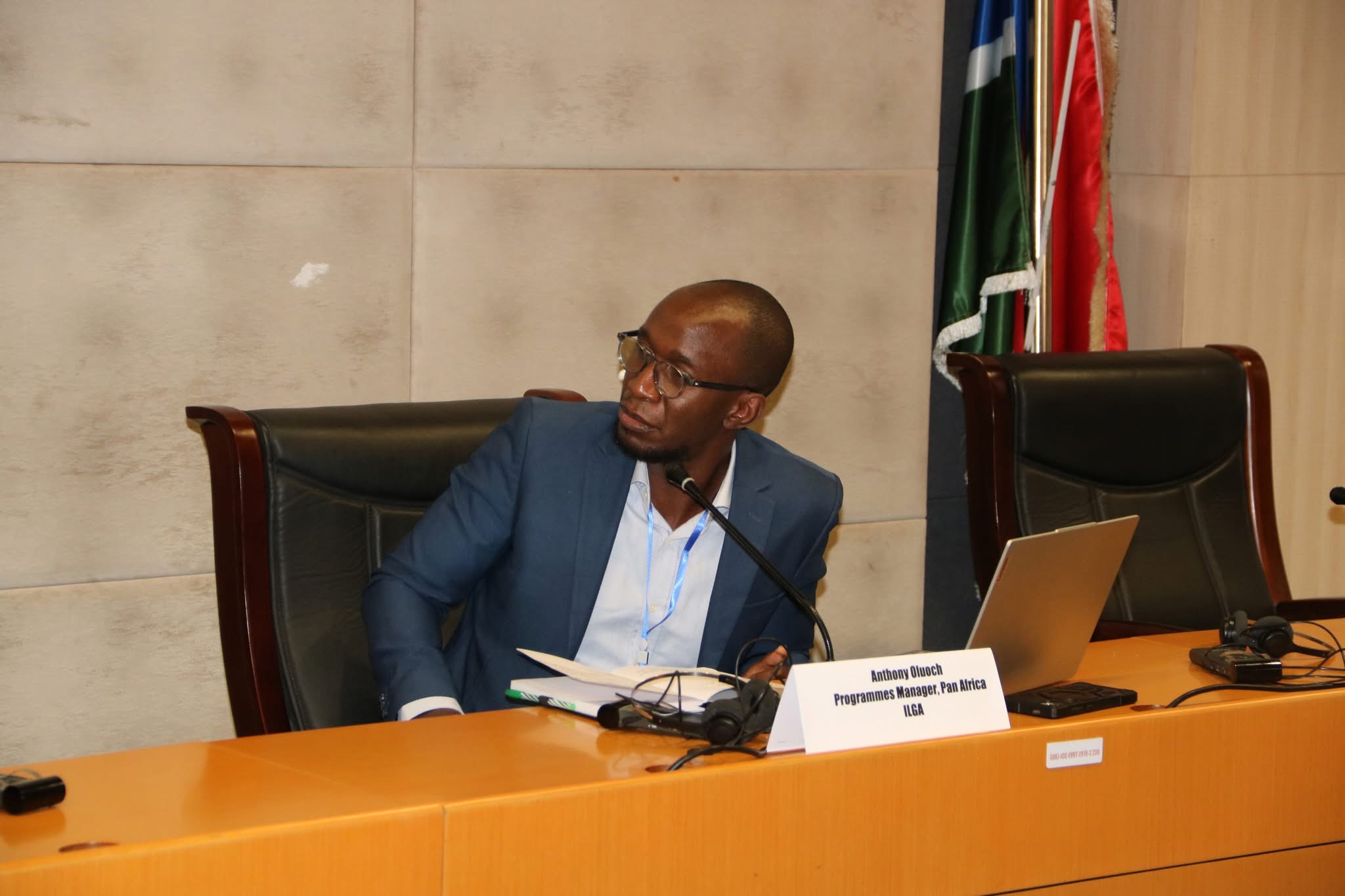This month, ISHR and LEGAL – a Liberian NGO focused on defending the human rights of LGBT persons – convened a two-day workshop in Monrovia to identify strategies to push for the implementation of United Nations recommendations on LGBT issues in the country. This event was one of a series, the first of which took place in Jamaica in 2018.
‘As we begin our advocacy in the third cycle of Liberia’s Universal Periodic Review, it is essential that we come together to look back on what has been achieved in Liberia through UN advocacy, and what we have learnt,’ explains LEGAL’s Jennifer Henshaw, who participated in ISHR’s Human Rights Defender Advocacy Programme earlier this year.
Bringing together human rights defenders from across the country that work on a variety of themes, the workshop had several aims, explains ISHR’s Helen Nolan.
‘At the core of our implementation workshops is the importance of building new relationships between organisations and individuals, as well as strengthening existing coalitions,’ added Nolan. ‘It is these strong connections that make it possible for civil society across movements to have the greatest impact.’
ISHR’s Tess McEvoy highlights that these spaces offer an opportunity to increase understanding of the UN human rights mechanisms and how human rights defenders can use them to enhance their natioanal advocacy. Sometimes, even where defenders have directly fed into civil society reports that helped to bring about recommendations from UN mechanisms, the same advocates may not be aware of the results of their work. This makes it important not only to build defenders’ capacity to engage with the UN mechanisms, but to familiarise them with the UN recommendations that already exist.
‘Over the two days, we were able to identify the stakeholders who may be able to support our pushes for implementation, discuss ways to overcome the challenges that we know we will face, and also identify new opportunities to include international work in our national advocacy,’ says Henshaw.
A highlight of the workshop was an interactive roundtable discussion with representatives of the national human rights institution, the Ministry of Justice, religious leaders, the Office of the High Commissioner for Human Rights, the police, and civil society networks.
‘We were very happy to hear the willingness of all these actors to work towards a safer and more inclusive Liberia, and we look forward to continuing to collaborate with these partners,’ said McEvoy.




